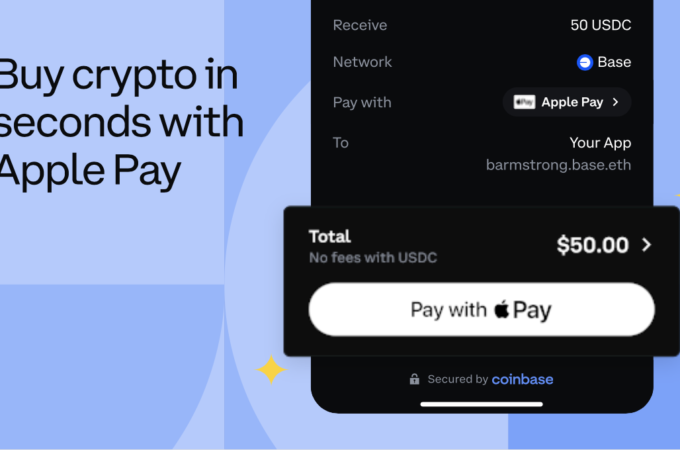
Brazil Proposes Ban on Stablecoin Withdrawals to Self-Custody Wallets Amid Regulatory Overhaul
Brazil’s Central Bank (BCB) has put forth a regulatory proposal that would prohibit stablecoin withdrawals to self-custodial wallets, signaling a shift in the country’s approach to digital assets. The move aligns with efforts to enhance oversight of the burgeoning cryptocurrency market while addressing concerns about financial stability, tax compliance, and international capital flows.
The proposed rules, announced on November 29, seek to ban virtual asset service providers (VASPs) from allowing stablecoin transfers — such as Tether’s USDT — to wallets outside their platforms, commonly referred to as self-custodial wallets. Instead, such transfers would be limited to cases where Brazilian law permits foreign currency payments.
The public consultation on this draft regulation will remain open until February 28, 2025, allowing stakeholders to provide input. However, the central bank retains full authority to implement its proposed measures regardless of feedback received.
This proposal builds on Brazil’s broader regulatory framework for cryptocurrencies, established through a crypto regulation bill in December 2022. That legislation introduced legal definitions for virtual assets, established licensing requirements for service providers, and sought to mitigate risks such as fraud and tax evasion.
The central bank argues that these new restrictions are essential for aligning Brazil’s financial system with the realities of digital assets while ensuring the integrity of international capital flows. It also aims to tighten controls on crypto transactions in the foreign exchange market, treating them similarly to traditional investments.
Stablecoins play a significant role in Brazil’s crypto ecosystem, with the country ranking second globally for stablecoin transaction volumes, according to Chainalysis. Stablecoins accounted for 59.8% of all cryptocurrency transactions in the past year, with Tether’s USDT being a dominant player.
The proposed measures could have widespread implications for a market that has seen Brazilians increasingly turn to stablecoins to hedge against the declining value of the Brazilian real, which has lost over 20% of its value against the U.S. dollar this year.
In September alone, stablecoins represented approximately $3 billion of the $4.2 billion in total crypto transactions reported by Brazil’s Internal Revenue Service.
Critics of the proposal argue that banning withdrawals to self-custodial wallets could undermine the very principles of decentralization and financial sovereignty that cryptocurrencies were designed to promote. Self-custody advocates highlight the difficulty of fully banning such wallets, as they operate outside centralized oversight.
Others worry that increased regulation could stifle innovation in Brazil’s crypto sector, which has attracted global players like Circle and Mercado Pago, both of which launched stablecoin products in the country earlier this year.
As Brazil’s central bank moves forward with its proposal, the nation finds itself at a crossroads in its relationship with digital assets. While the regulations aim to safeguard economic stability and prevent illicit activity, they also raise questions about how much control governments should exert over decentralized technologies.





